Big White Fog
Big White Fog is a play by American playwright Theodore Ward, his first significant work. The play follows the fictional Mason family living in Chicago's segregated South Side, across three generations between 1922 and 1933. The proverb "A house divided against itself cannot stand," which comes from Mark 3:25, vividly captures the turmoil within the Mason household, highlighting the tensions and conflicts that threaten to tear them apart. Victor, the proud patriarch of the family, supports a return to Africa and Garveyism, founded by Marcus Garvey; a political and racial doctrine that advocates for Black self-respect, unity, and economic independence, while promoting a Back-to-Africa movement. Garvey's Universal Negro Improvement Association (UNIA) fostered pride in African heritage and sought separation from white-dominated societies. Although Ella, Victor's wife, stands by her husband, she harbors deep concerns about whether their decision to move to Africa is truly the best choice for their family. His brother-in-law, Dan, believes in the American Dream (capitalism), where a person can achieve prosperity, success, and a better life through hard work and determination, regardless of their social or economic background. However, during the "Roaring Twenties" and the "Dirty Thirties," achieving the American Dream was effectively out of reach for blacks due to extreme systemic racism, violence, and discriminatory laws. Despite the challenges surrounding them, Dan is determined to capitalize on the needs of his people by seizing the opportunity to address the pressing needs of his community by acquiring a building to transform into much-needed apartments. He approaches Victor, hoping to persuade him to partner in this venture. However, Victor remains steadfast in his commitment to unite and uplift their people, rather than profiting from their hardships. Juanita, Dan's wife and Ella's sister, tries to convince Ella to speak with Victor, but she firmly stands behind him, which causes friction between the two sisters. Then there's the formidable Matriarch, Martha, the proud mother of Ella and Juanita. With her stern gaze, unfiltered vocabulary, and unwavering convictions, she disapproves of Ella's husband, Victor. In her heart, she believes he falls short of deserving her daughter, attributing her reluctance to his darker complexion, showing her narrow views through the eyes of colorism and prejudice.
Things start to spiral out of control when Lester, who receives an informal letter that he will receive a scholarship, learns that he has lost it because he is black. Victor finds himself in the midst of a strained family, which has put a strain on the family's finances. His impulsive gamble on investing his hard-earned savings into Garveyism stock during the tumultuous era of the Great Depression backfired, forcing the family to face eviction and crumbling the already fragile unity in the Mason household.
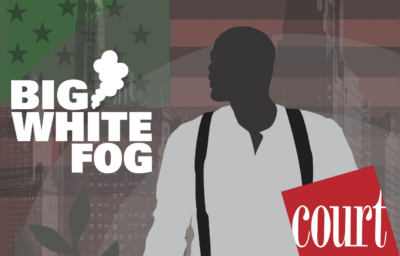
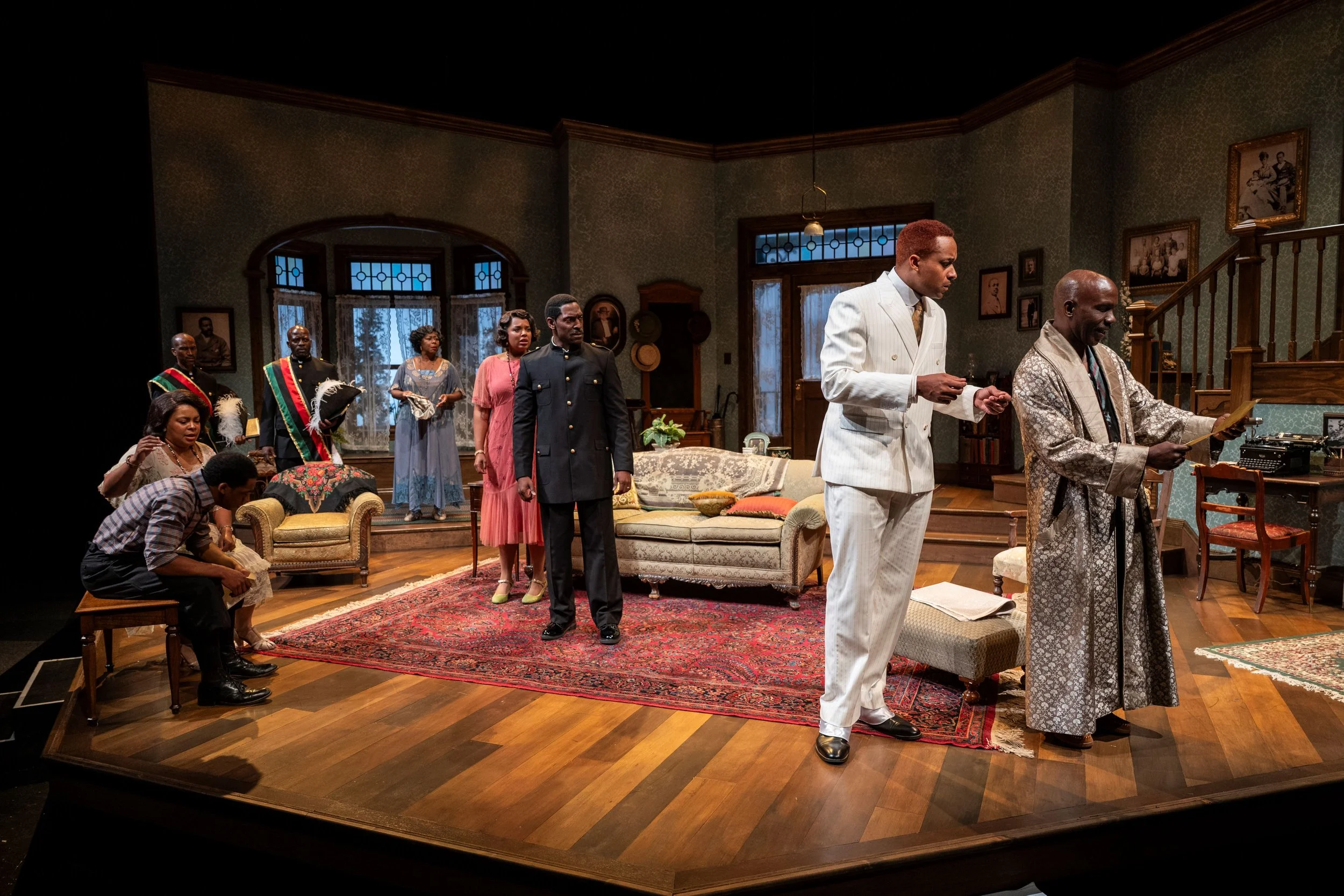
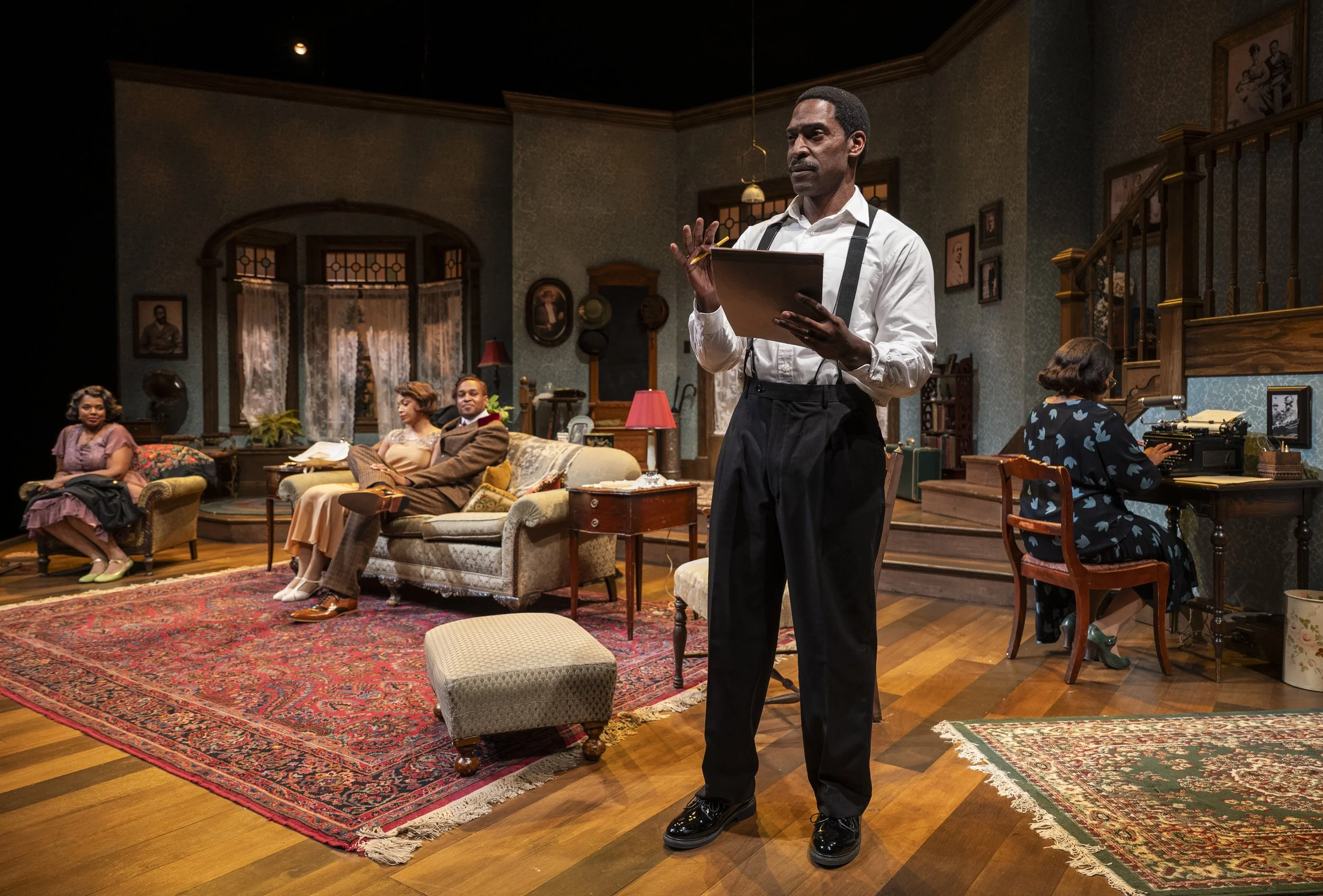
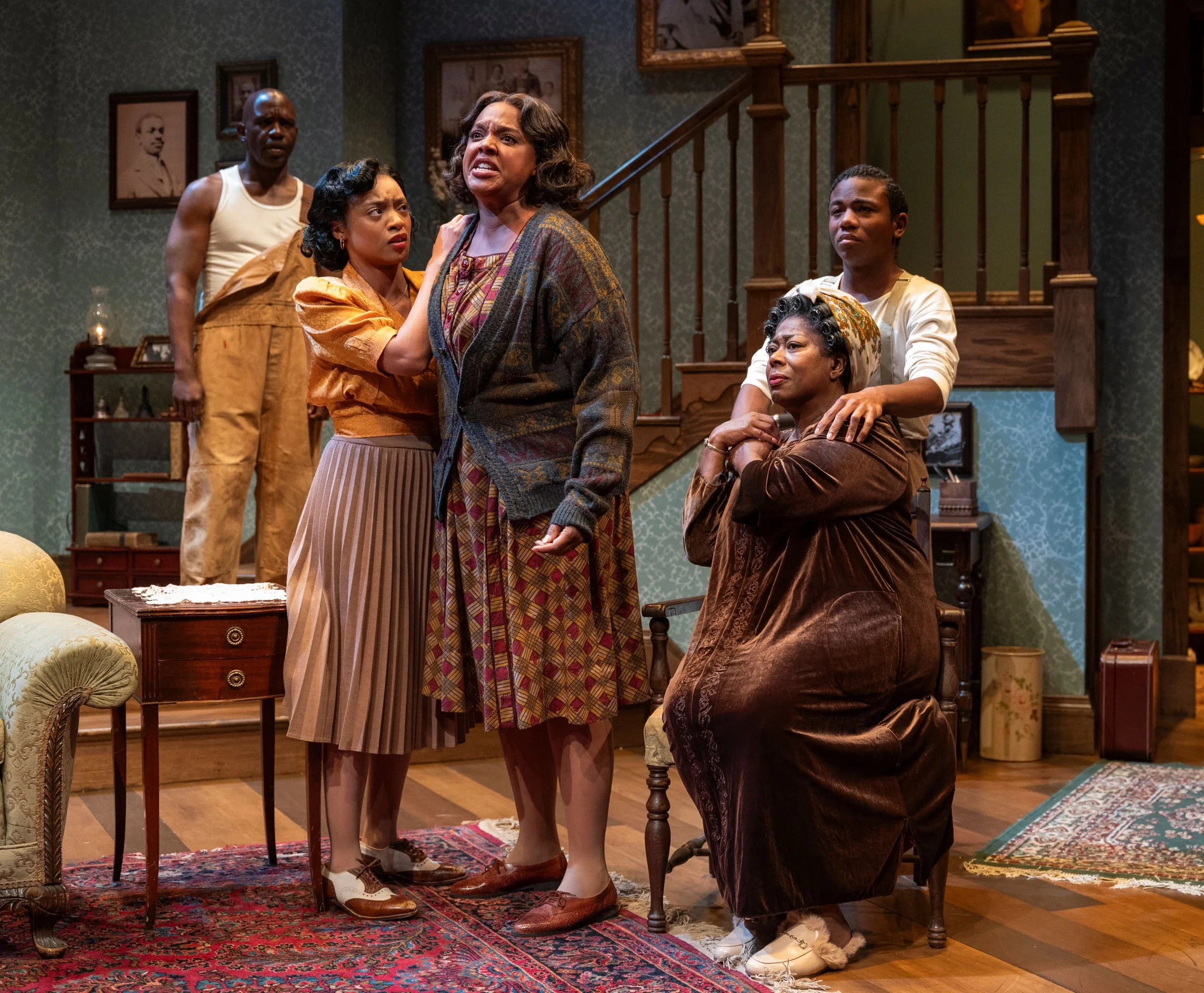
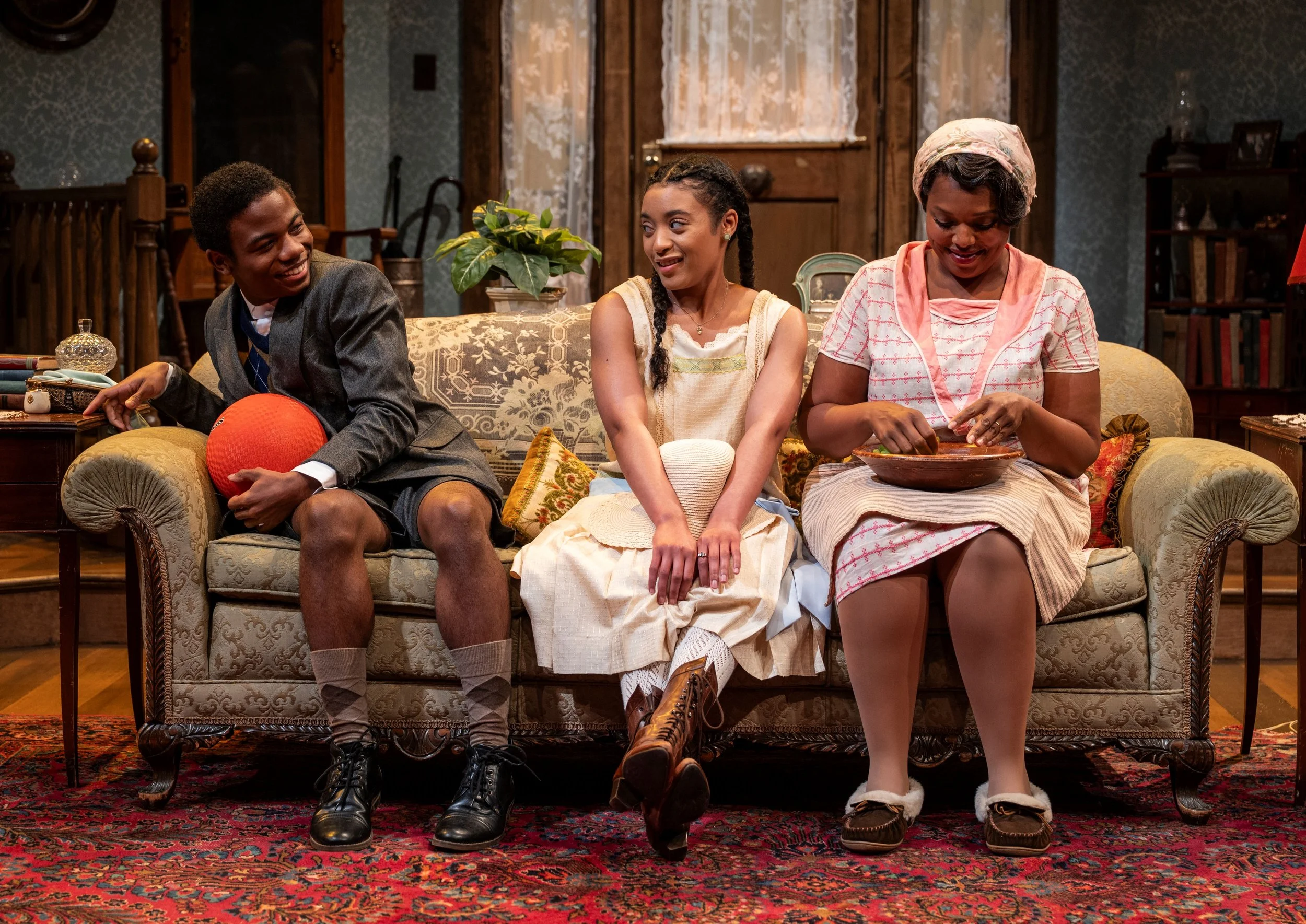
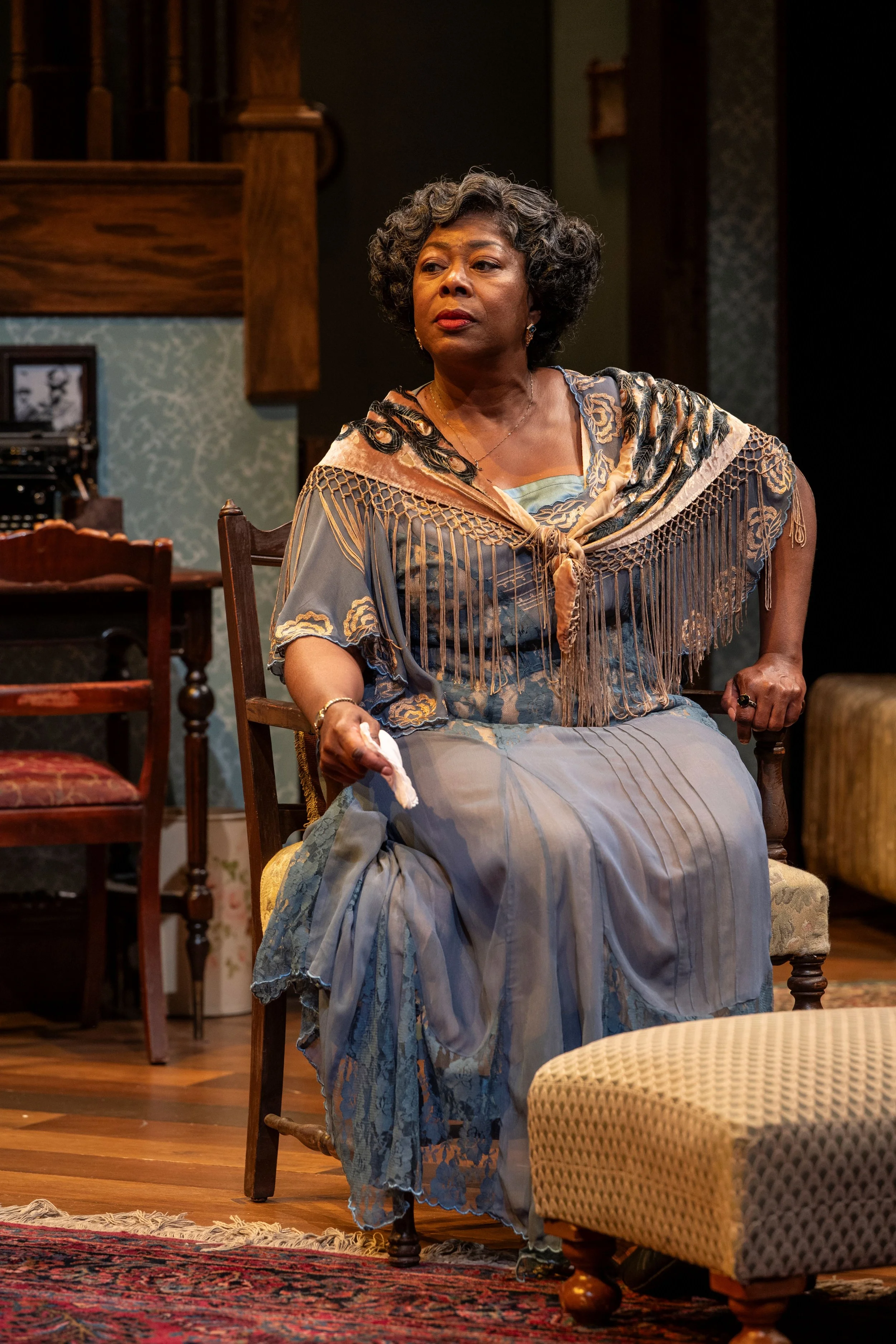
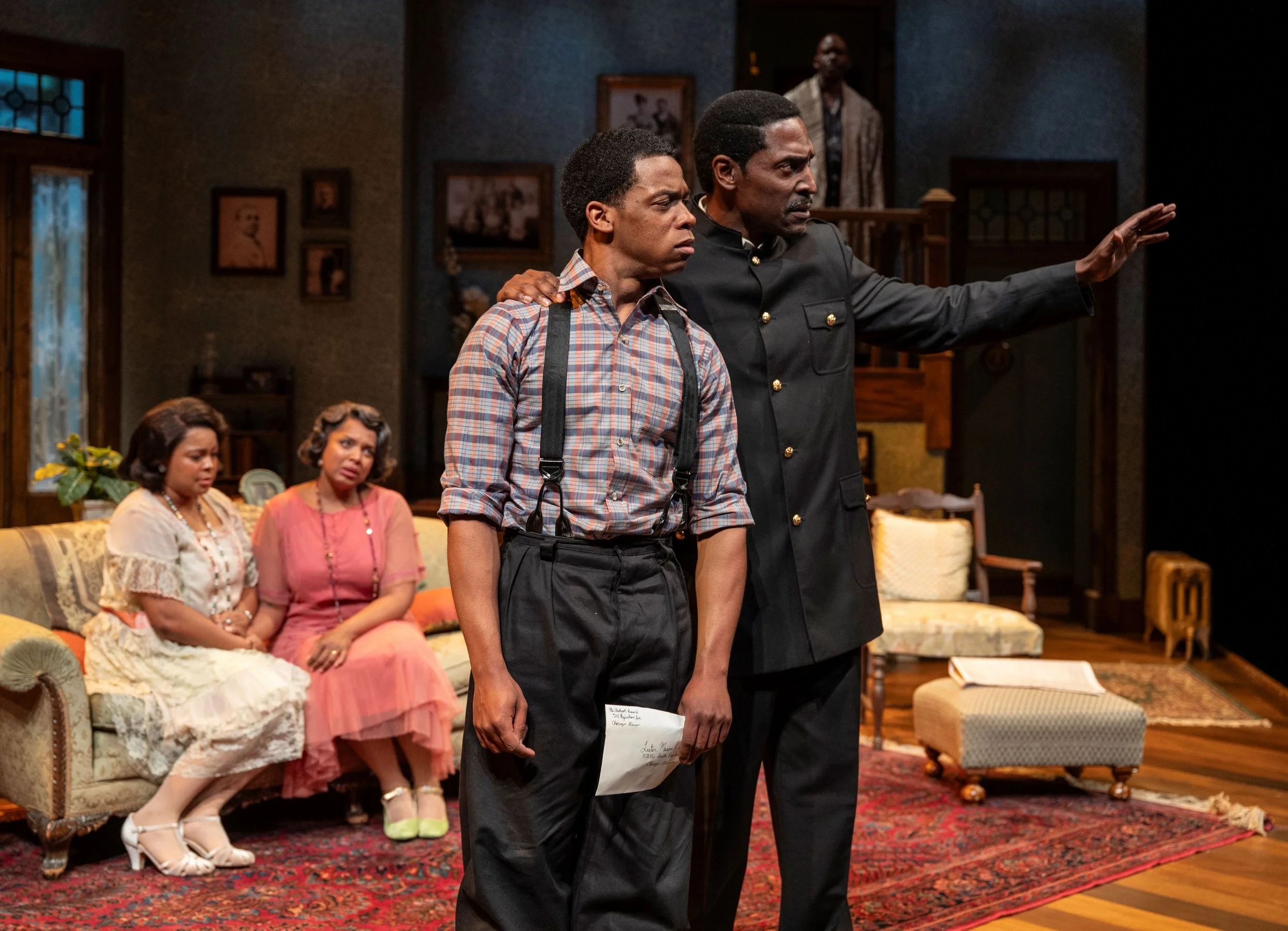
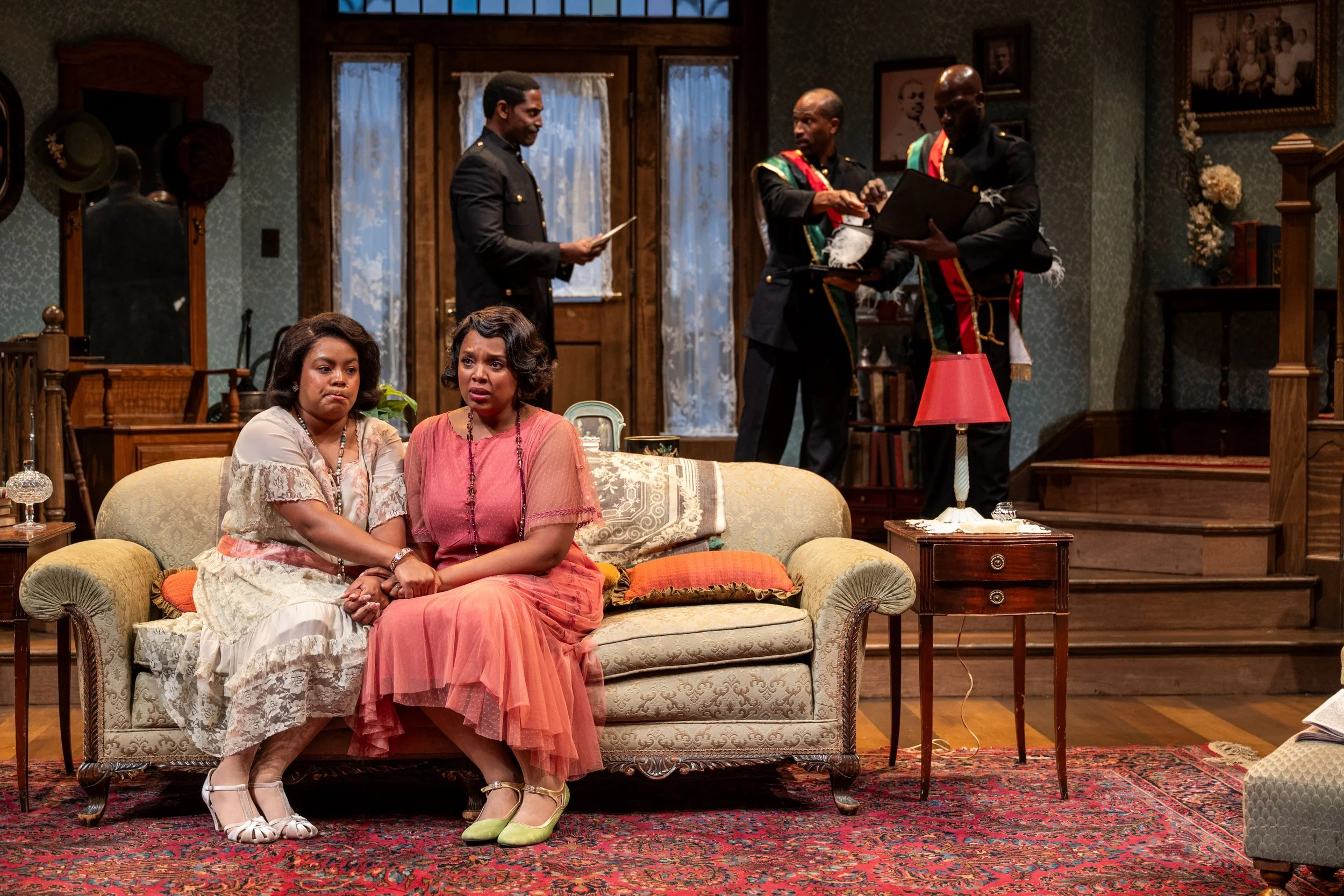
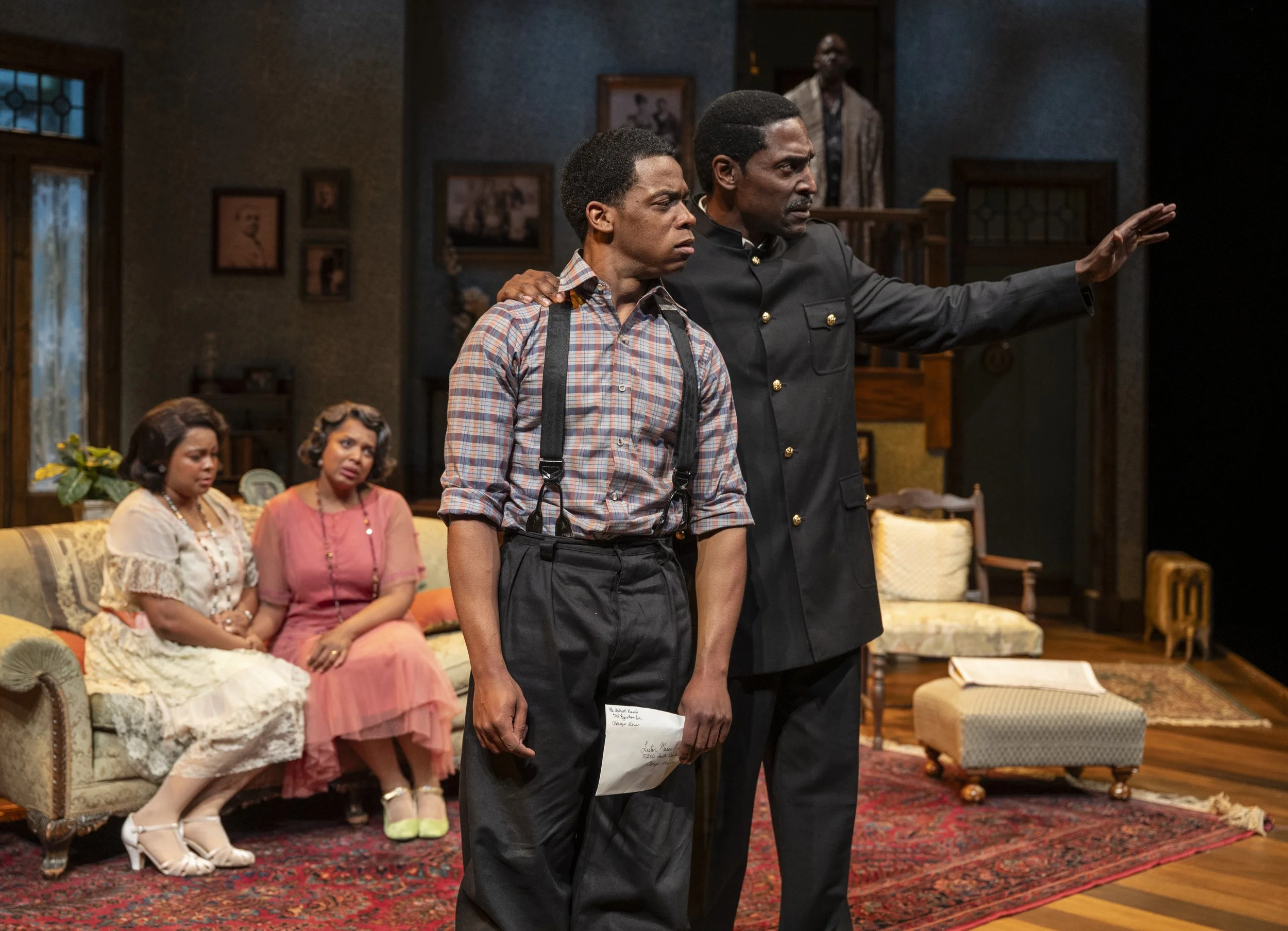

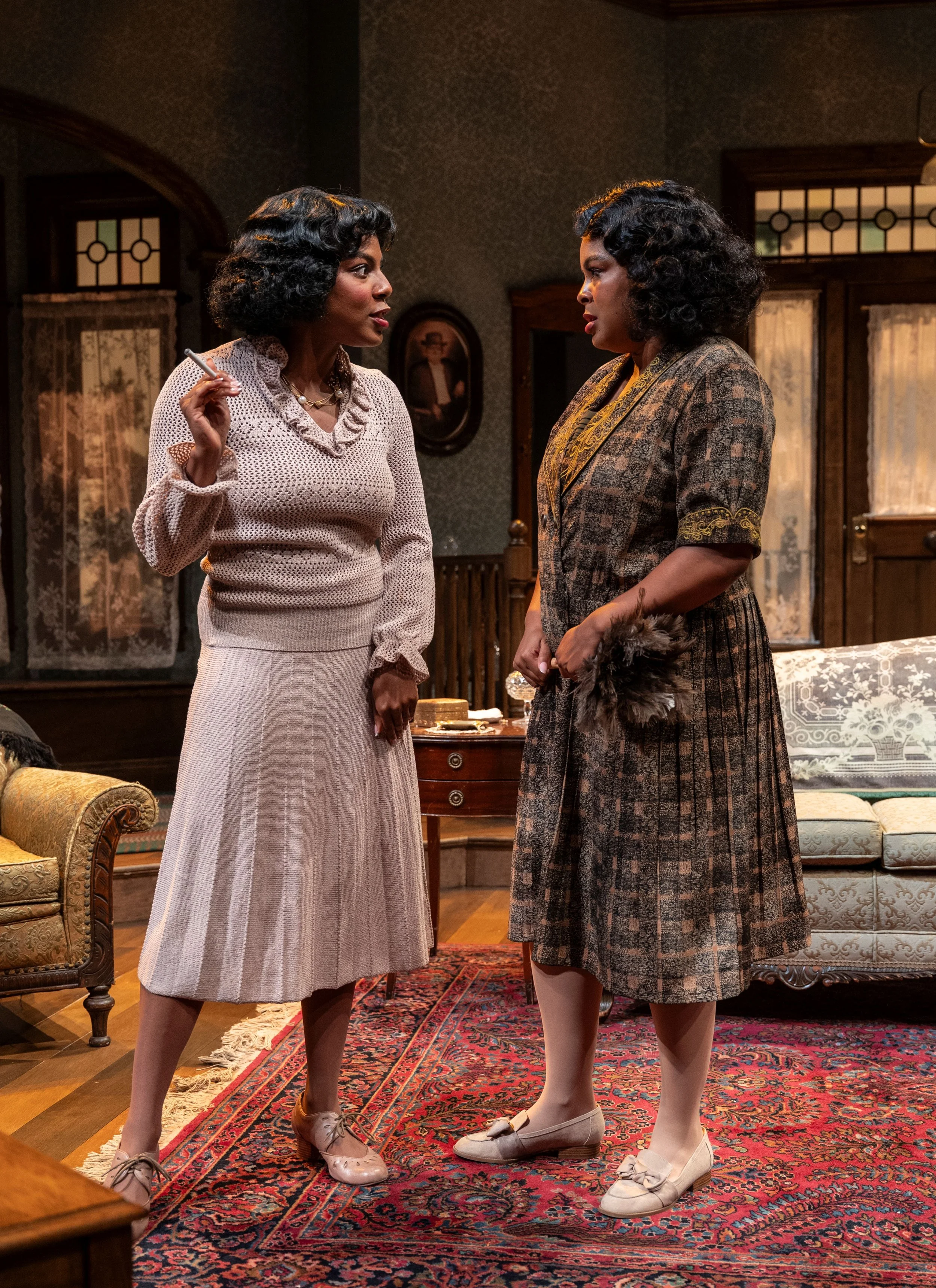
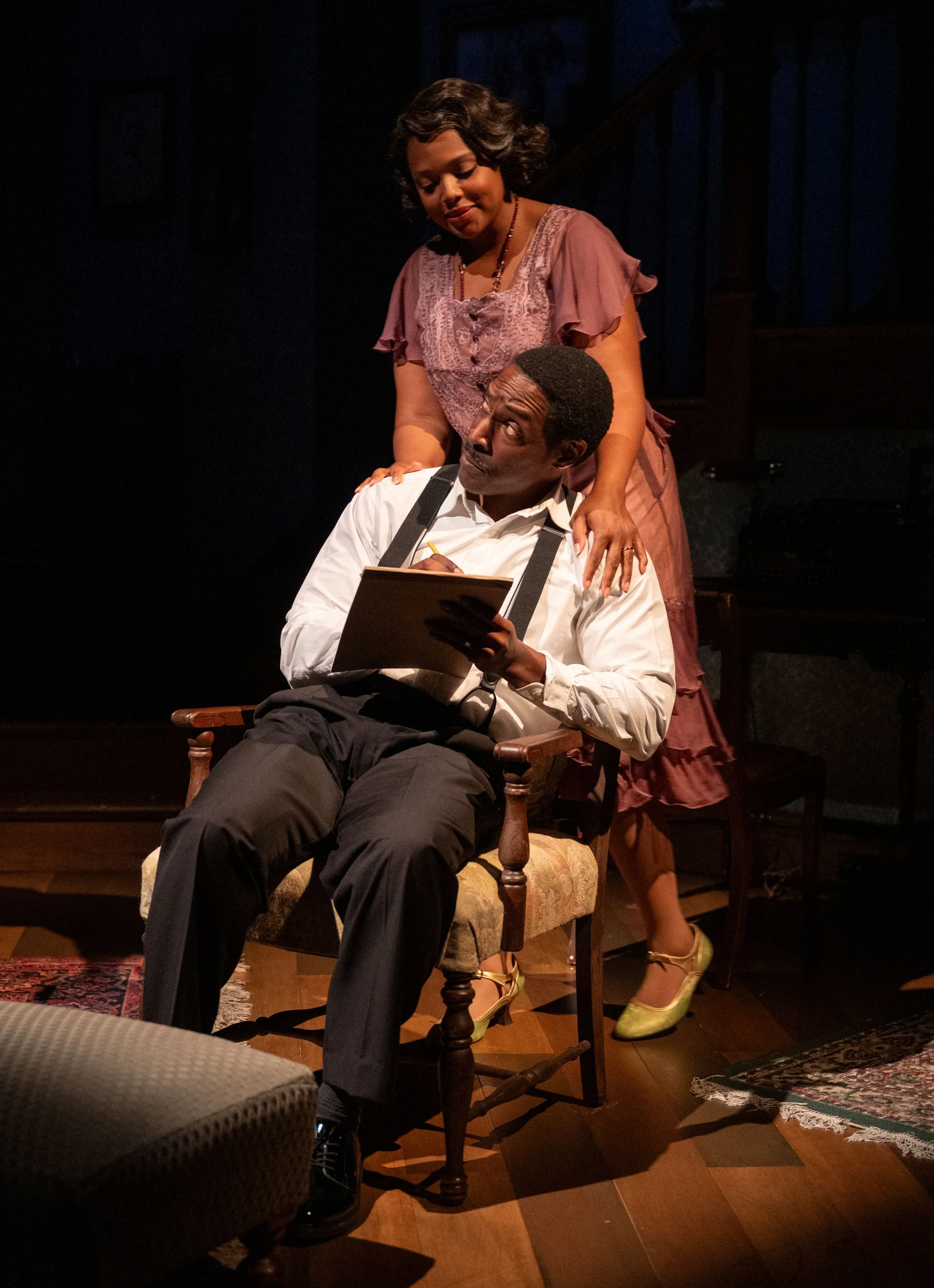
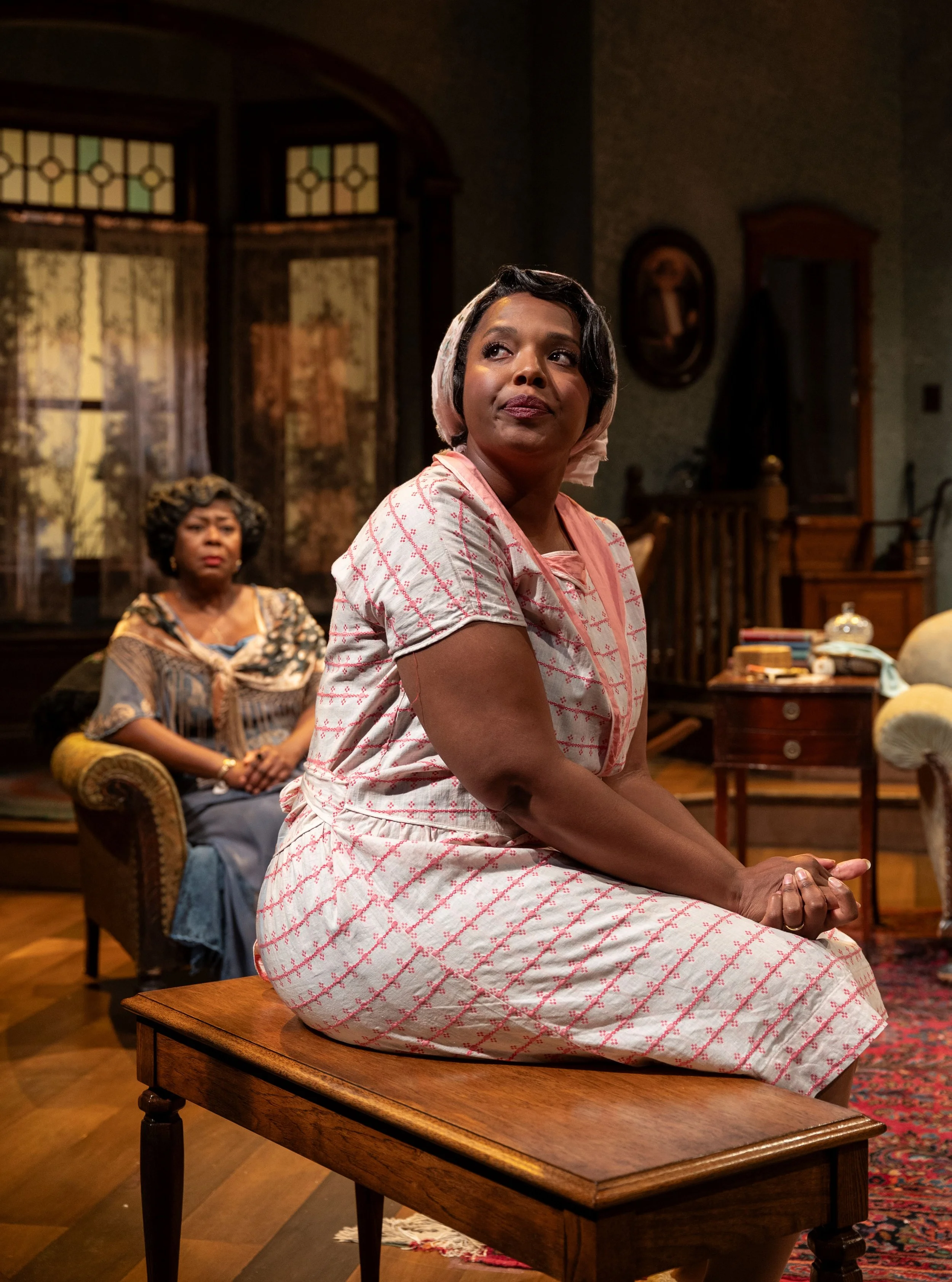
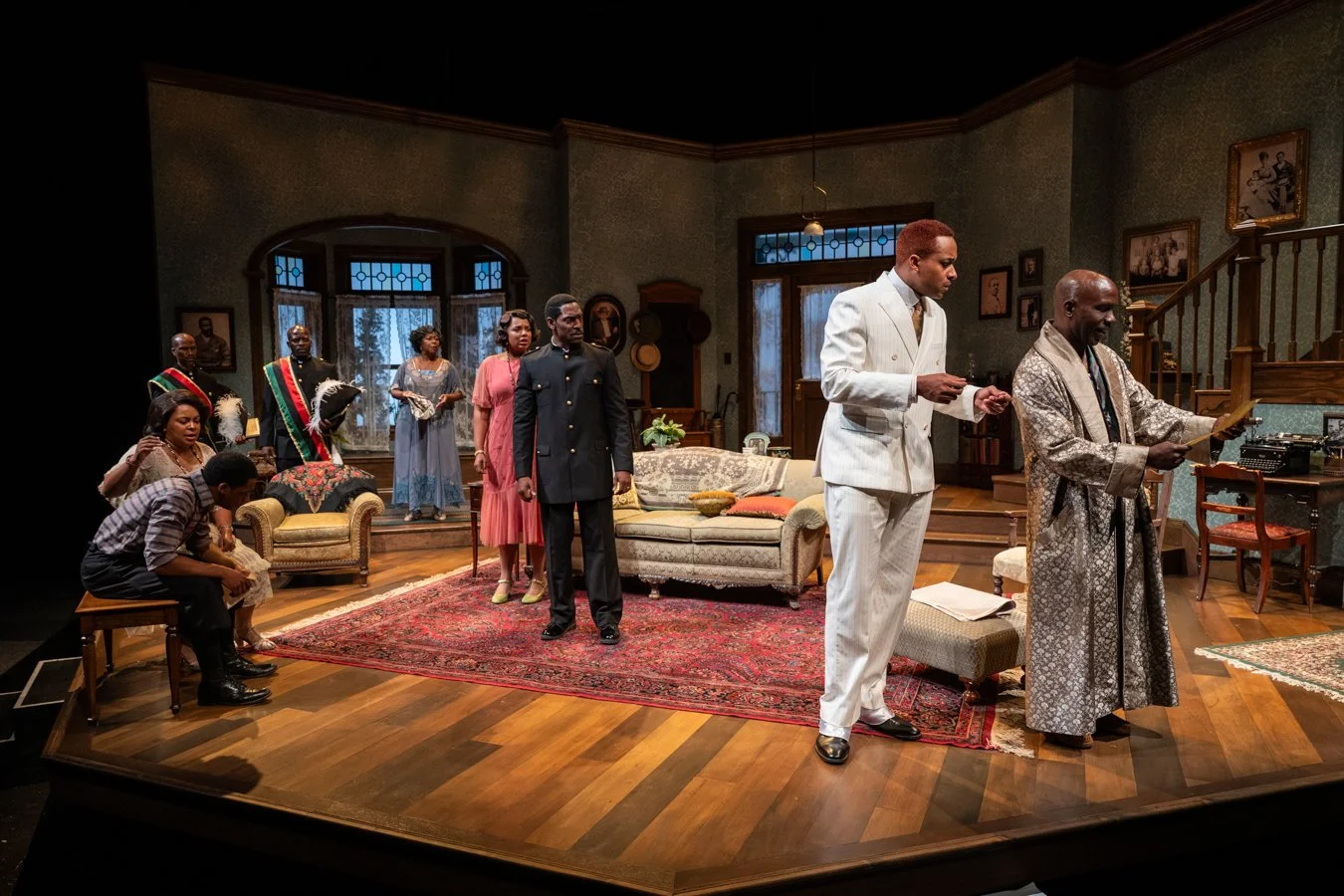
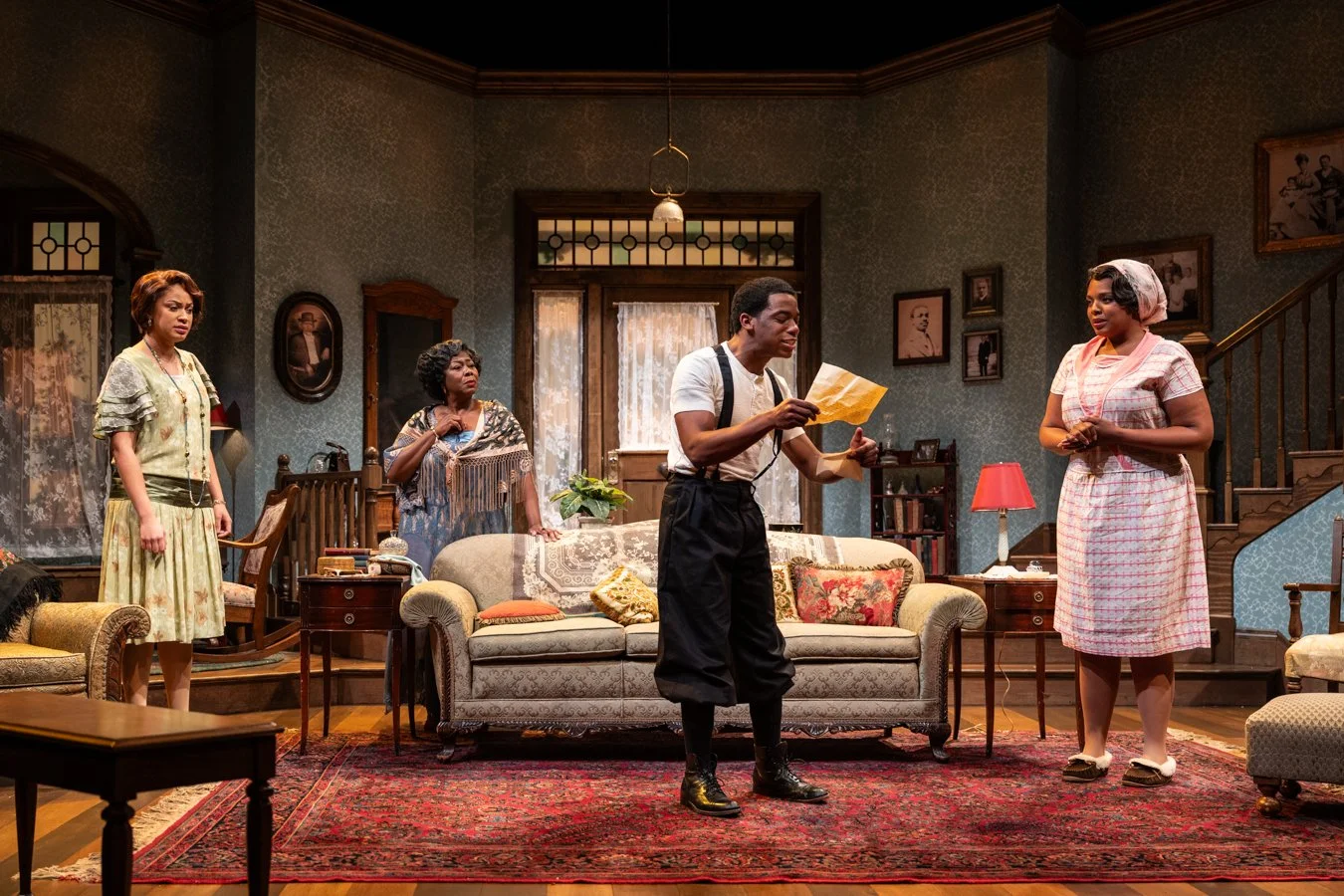
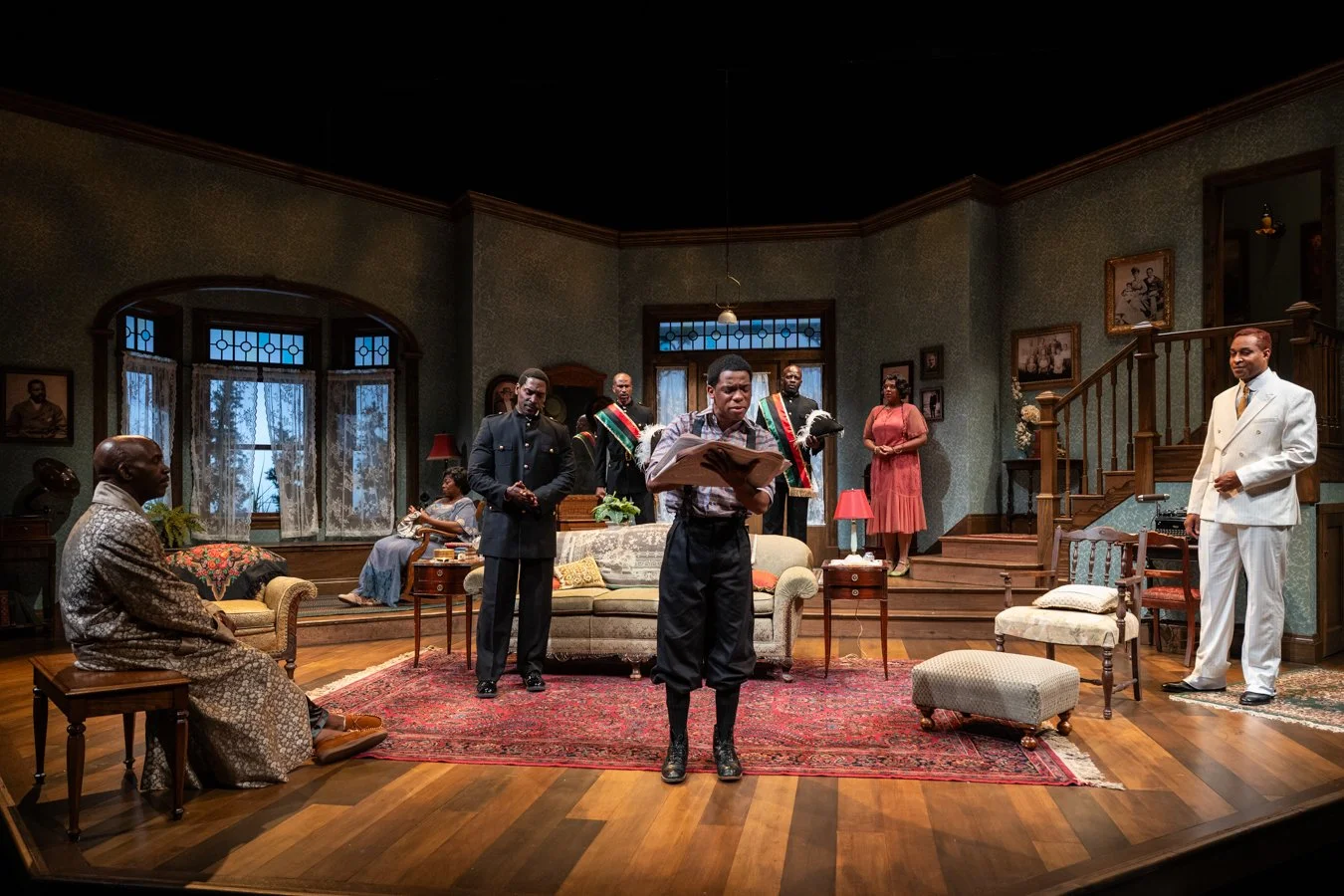
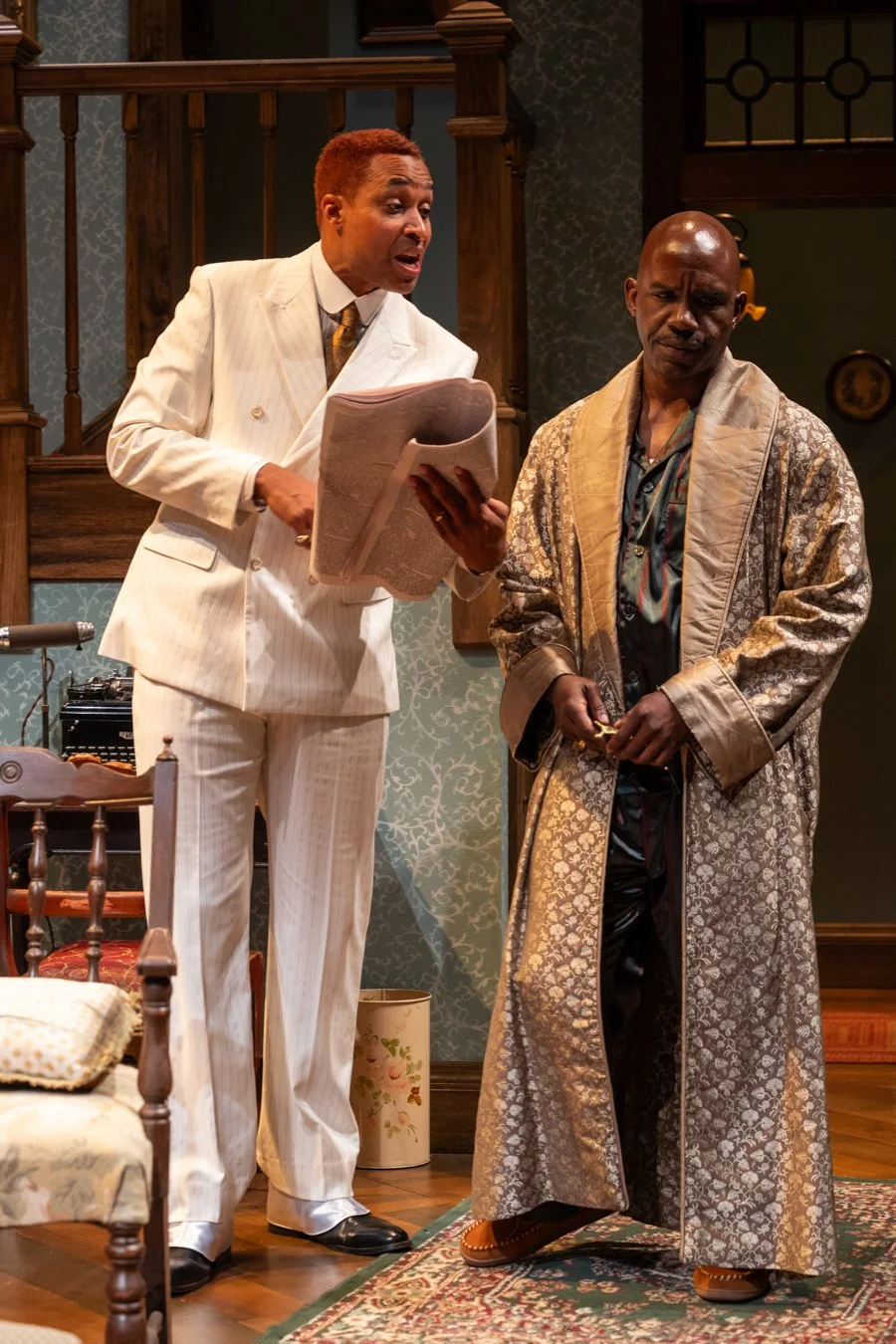
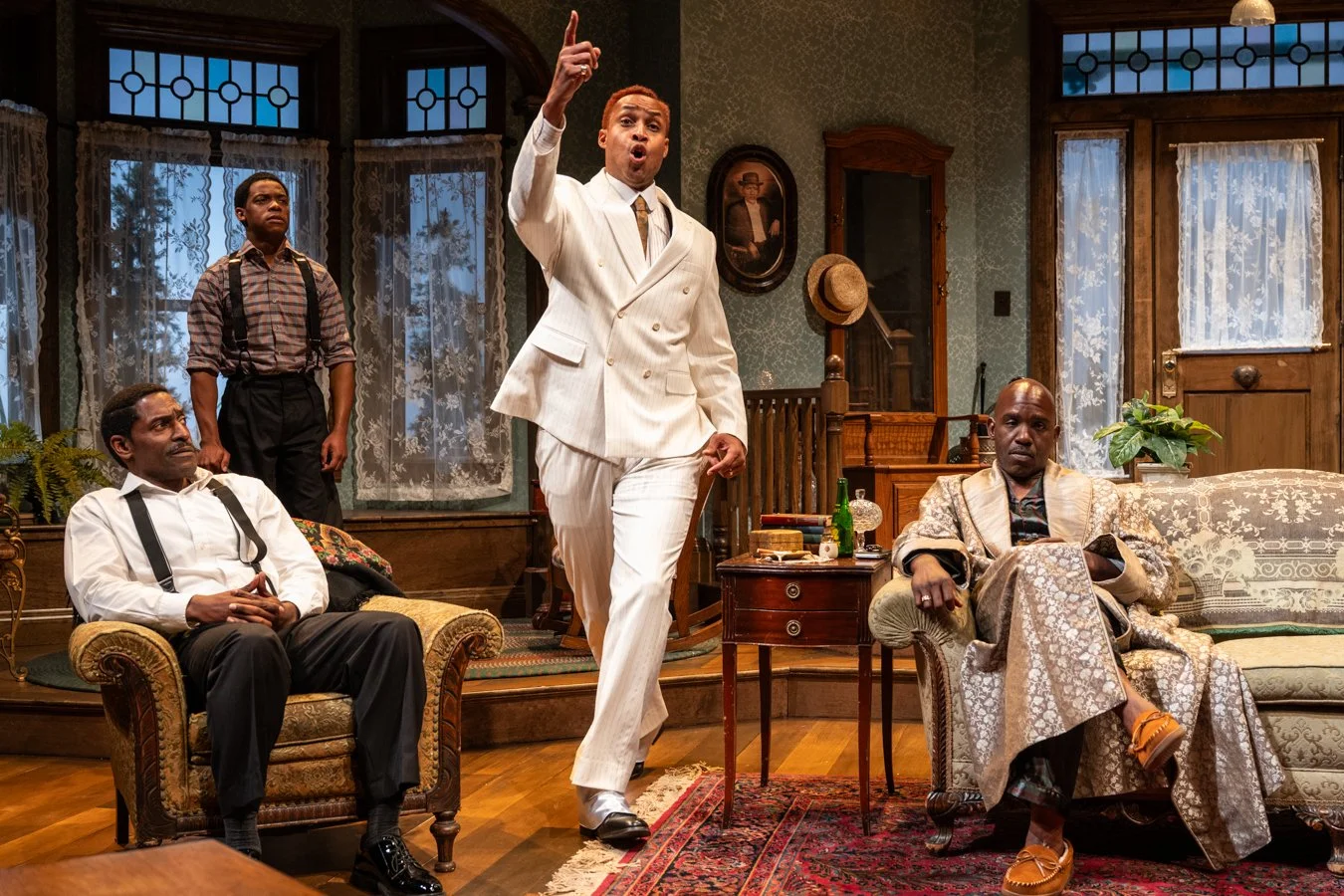
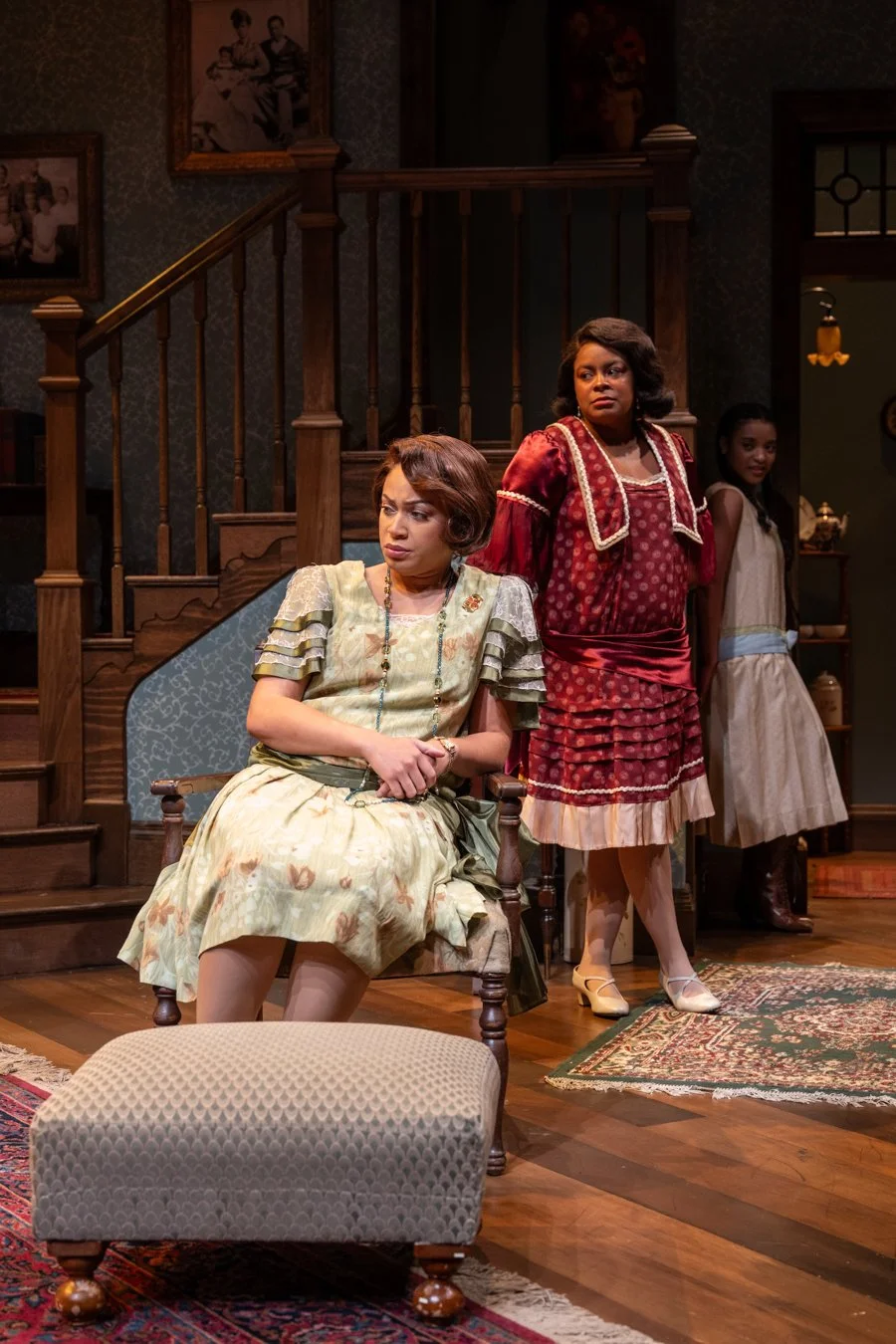
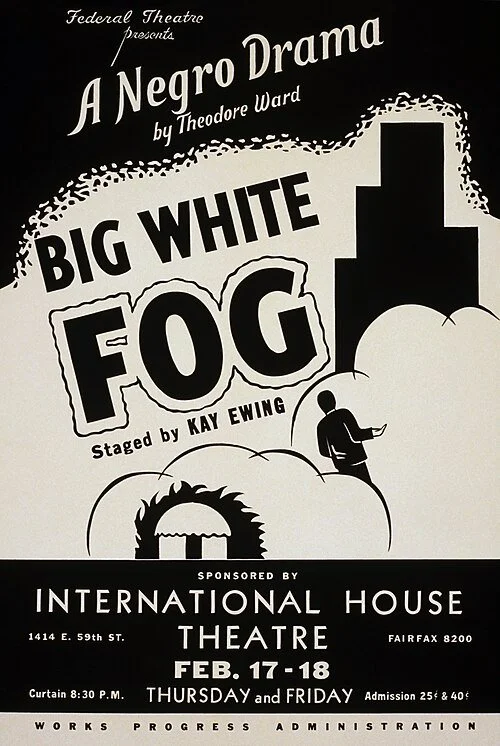
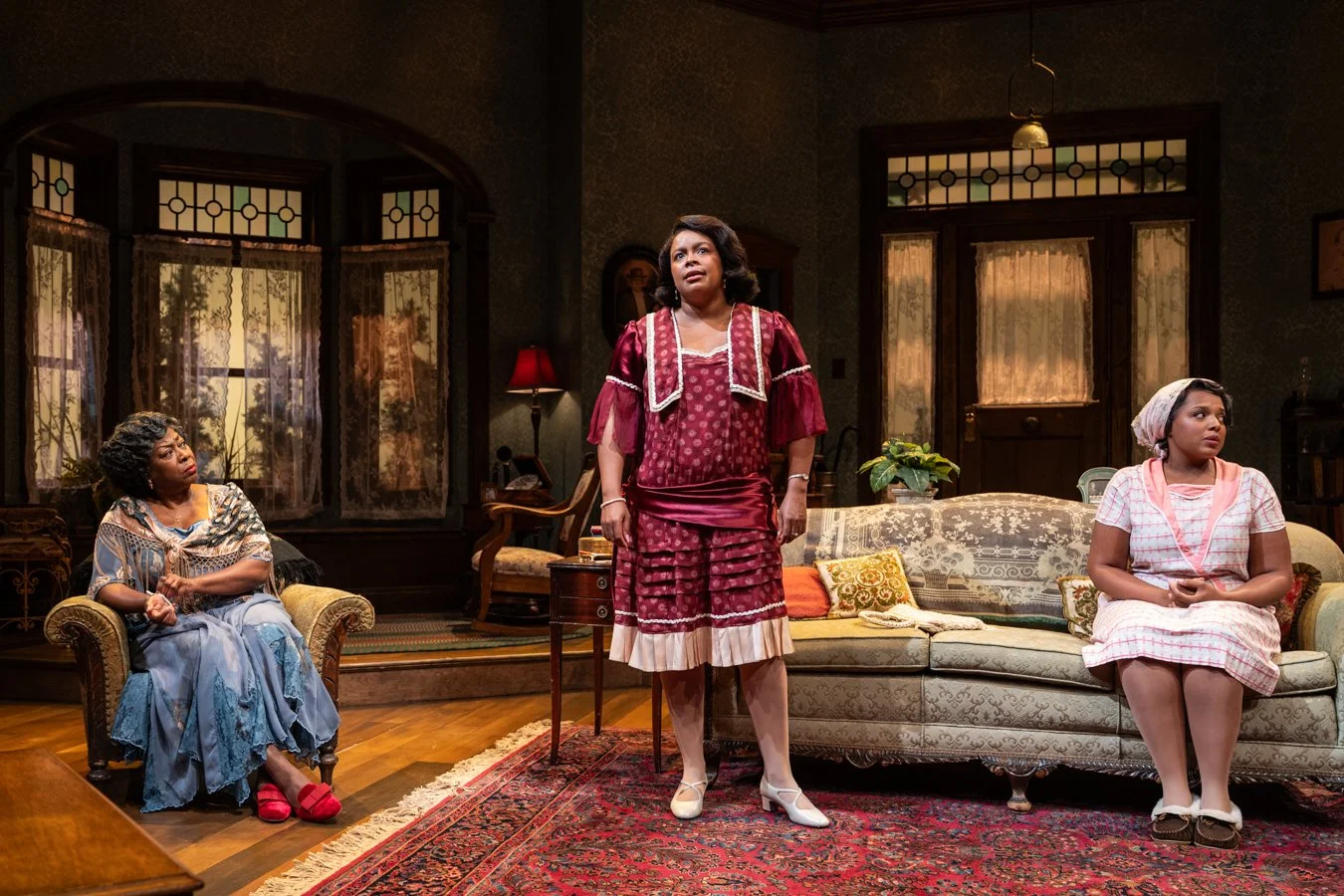
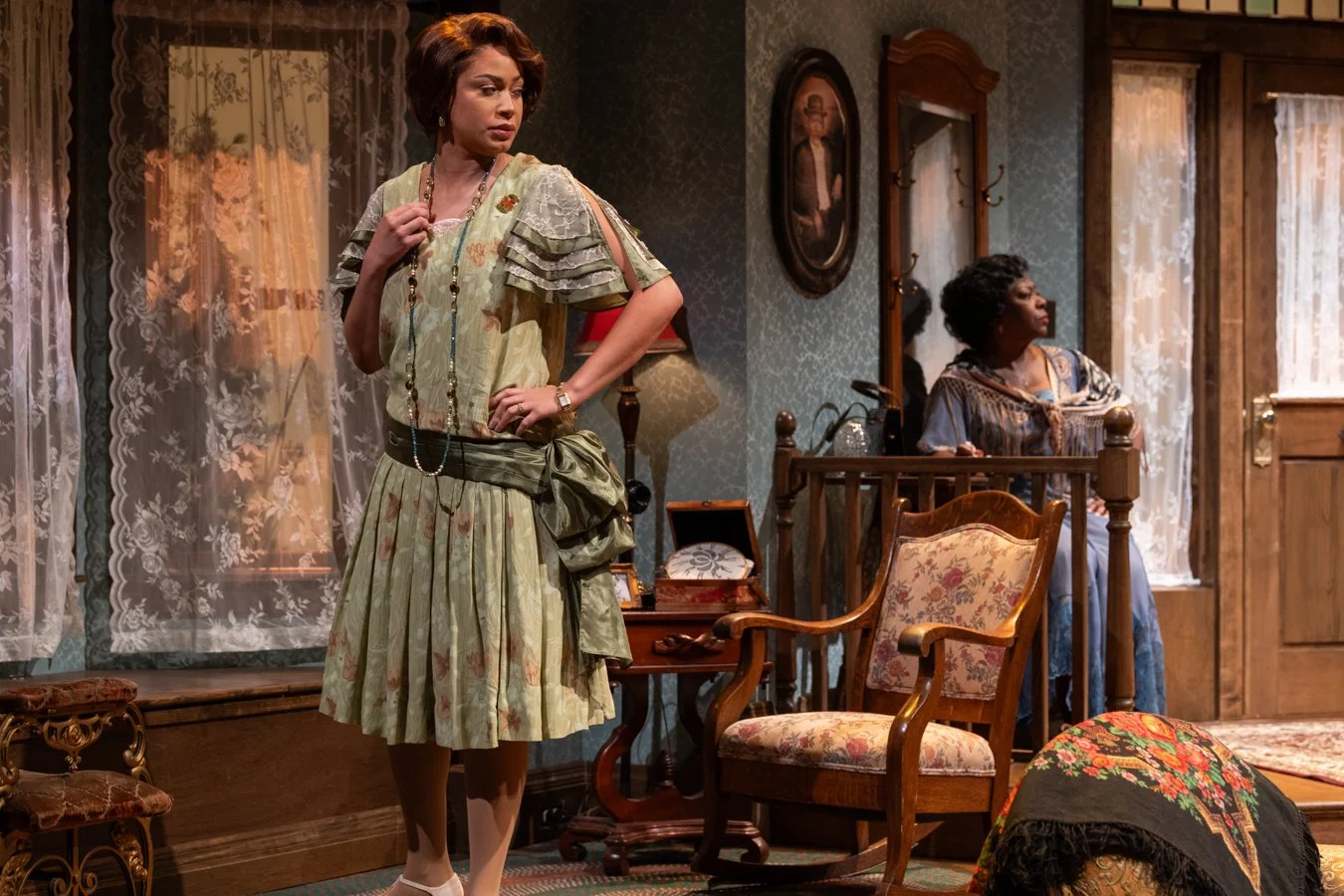
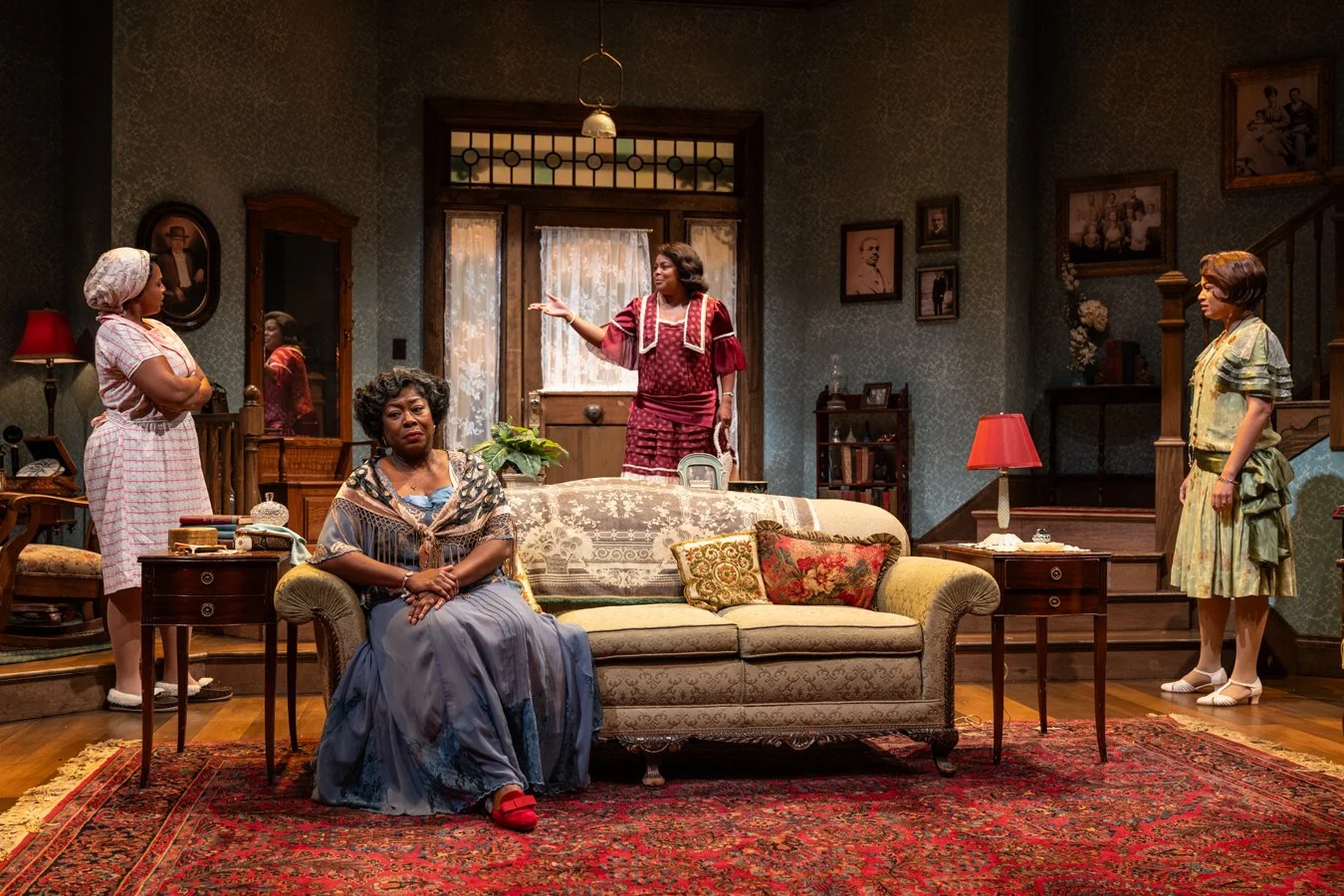
Ward uses the background of these troubling times in penning this enthralling, "A Negro Drama," masterfully incorporating the story of the Masons, a resilient black family living in a rented house in Chicago. Through their experiences, he captures the intricacies of their lives, vividly highlighting the struggles and triumphs that define their journey. The play, heavily driven by racial themes, is a powerful narrative of storytelling that resonates with anyone who has experienced conflict, regardless of their own racial background. Still, these true-to-life racial battles of injustice endured regarding race, and issues that black people dealt with over 100 years ago are still prevalent today. Ward's three-dimensional storyline features a beautiful sense of characterization that truly defines each character individually. He wrote, "In my bewilderment that late afternoon, it suddenly occurred to me that we as a people were engulfed by a pack of lies, surrounded, in fact, by one big white fog through which we could see no light anywhere." It's an explosive view of historical racial anger compacted into a beautiful narrative that depicts the harsh realities of racial and systemic injustice, which Ward refers to as the metaphorical "Big White Fog."
Directed by Ron OJ Parson, who brings together an outstanding cast, featuring Joshua L. Green (Victor Mason); Sharriese Hamilton (Ella Mason); Amir Abdullah (Daniel Rogers); Patrick Newson Jr. (Lester Mason); Ayanna Bria Bakari (Wanda Mason); Saran Bakari (Claudine); Ronald L. Conner (Percy Mason); Alanna Lovely (Juanita Rogers); and Greta Oglesby (Martha Brooks). All of them bring a unique and phenomenal energy to the production, which was intriguing throughout the two hours and 10 minutes. Parson's remarkable talent for seamlessly intertwining a captivating narrative with a talented ensemble of 17 actors is truly a testament to his unwavering dedication to the art of theatre. Each moment on stage is a mesmerizing experience, reflecting his profound commitment to bringing the playwright's vision to vibrant life. The entire cast delivered remarkable performances, yet it was Joshua L. Green who truly captivated the audience with his commanding portrayal of Victor. His presence was magnetic. Sharriese Hamilton shone brightly as the devoted wife, mother, and sister, embodying a blend of strength and vulnerability. She skillfully conveyed the struggles of a woman striving to hold her family together while navigating the challenges that threaten to overwhelm her sanity. Amir Abdullah, a shrewd capitalist with a steadfast belief in the potential of Black individuals to attain the American Dream and a Garveyism skeptic, serves as Victor's formidable antagonist. A powerful performance by Greta Osglesby as Martha Brooks adds unforgettable depth to the narrative. Rounding out the cast are Jada Jackson (Caroline Mason), John McBeth III (Phillip Mason), Anthony Irons (Count Strawder), Artem Kreimer (Nathan Piszer/Marks), Brandon Dahlquist (Bailiff), Lionel Gentle (Count Cotton), and Nathan Daniel Goldberg (Lieutenant).
The play was first produced in 1938 by the Negro Unit of the Chicago Federal Theatre Project at the Great Northern Theatre. A 1940 revival of Big White Fog was the inaugural production of the Negro Playwrights Company in New York. Big White Fog has been compared to A Raisin in the Sun, which the Court Theatre performed early this year. Both deal with family battling with difficult situations as they seek to find their place within a hostile environment. I applaud Court Theatre for not shying away from explosive narratives that bring attention to the racial divide still displayed in America. The decision to produce 'Big White Fog' is a bold and commendable one, as it brings to light the systemic inequalities that continue to plague our society. What makes us great is our unity, and plays like 'Big White Fog' remind us that we are off course and need to rediscover the phrase "unity and justice for all" during times of social and political discourse. We must continuously address these systemic inequalities to ensure that this phrase becomes a reality for all.
⭐⭐⭐⭐
Court Theatre
BIG WHITE FOG
By Theodore Ward
Directed by Ron OJ Parson
September 12 - October 12, 2025
Thanks for visiting our website. For tickets, click on the above logo and for additional reviews, click below.



